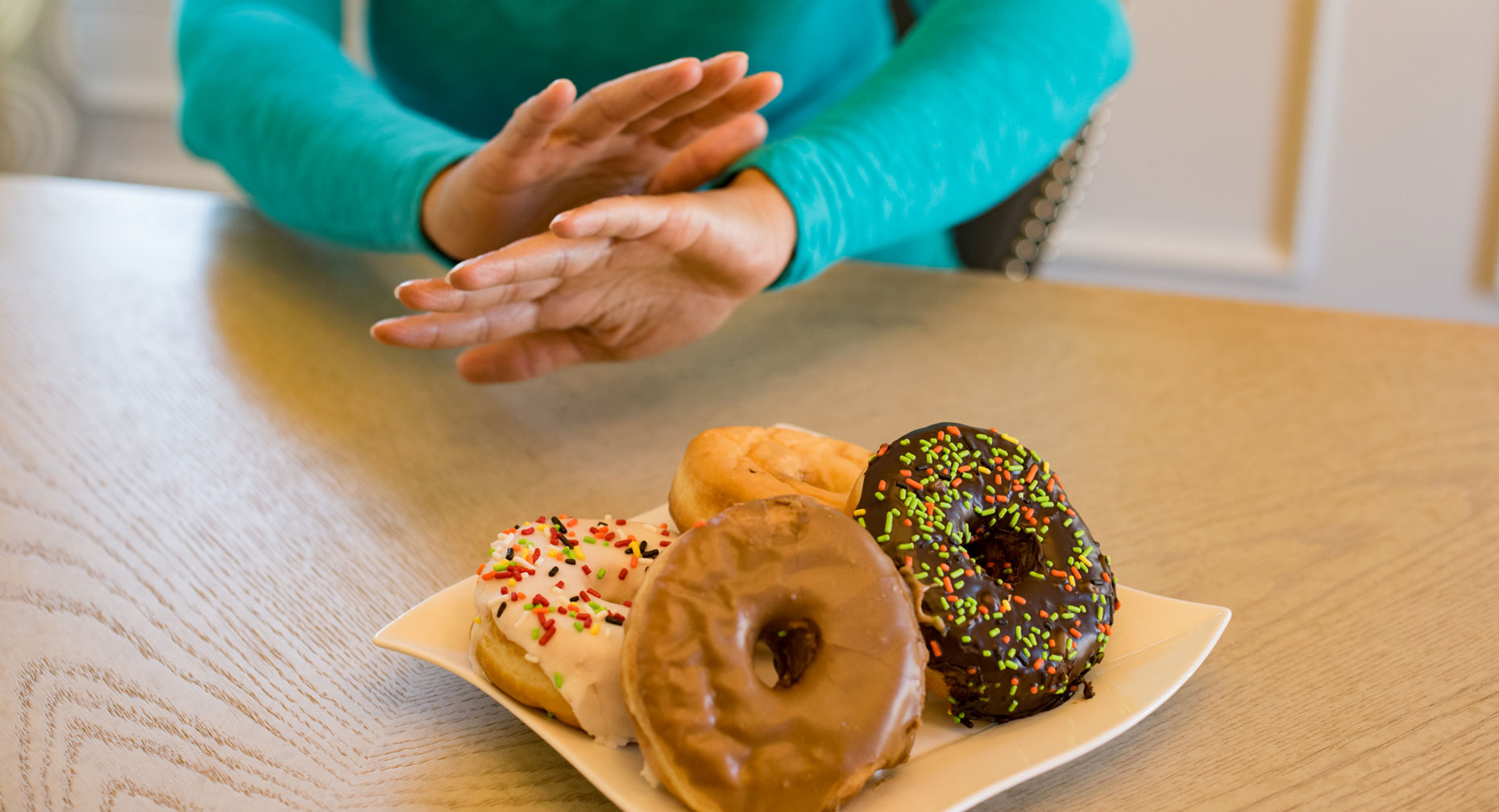
You open the fridge, not knowing why. It doesn’t feel like hunger—it feels like something is missing and food might fill it. The need feels urgent, but not clear.
You reach for sweetness, salt, warmth. Nothing satisfies, at least not for long. This isn’t about appetite. It’s about imbalance. And the body is trying to solve it fast.
Hormones don’t ask what you need. They shout what they want. And sometimes they shout too loud, for too long.
Cravings aren’t weakness—they’re chemical noise
You blame willpower. You call it lack of discipline. But cravings aren’t weakness—they’re chemical noise. A request that rises from deep inside the endocrine system.
Ghrelin tells you you’re hungry, even when you’re not. Cortisol pushes you toward fast sugar. Estrogen drops, and suddenly chocolate feels essential.
You don’t want food. You want calm. Or control. Or something that feels like enough. And your body uses food to get there.
Ghrelin rises before your thoughts catch up
Hunger hormones don’t wait for logic. They move first. Ghrelin rises before your thoughts catch up. And it’s loud. It sharpens the senses.
You see food differently. Smells become stronger. Time stretches between meals, and your stomach begins making choices before your brain can.
Ghrelin isn’t polite. It doesn’t care about balance. It asks one question: how fast can we get fuel?
Cortisol turns cravings into a survival command
Stress is invisible until it isn’t. Cortisol rises. And your body starts protecting itself. Cortisol turns cravings into a survival command.
You want sugar. You want fat. You want it now. It doesn’t matter if you just ate. The body’s ancient wiring still believes stress means famine.
And in that confusion, a cookie becomes a coping mechanism. Not a snack.
Insulin dips too far, and the mind starts spinning
Low blood sugar feels like anxiety. It feels like panic. Insulin dips too far, and the mind starts spinning. Suddenly, you need food—any food.
You feel dizzy, impatient, short-tempered. You question yourself. But your hormones are acting faster than your thoughts. You’re not imagining it. You’re responding.
This isn’t emotional eating. It’s biological urgency.
Estrogen changes what tastes comforting
As estrogen falls, especially before menstruation, your cravings shift. Estrogen changes what tastes comforting. It makes sugar taste sweeter. Carbs feel safer.
The body senses the drop. And it searches for stability. Food becomes the shortcut. Not because you’re emotional—but because your hormones are unstable.
You crave softness, warmth, salt. You crave regulation. Not calories.
Progesterone brings calm—but also makes you feel hungrier
When progesterone rises, especially mid-cycle, your mood may improve. But hunger does too. Progesterone brings calm—but also makes you feel hungrier.
You eat more without meaning to. Your metabolism speeds slightly. Your body prepares for a potential pregnancy—even if you’re not thinking about that.
This is biology, not indulgence. A quiet shift that happens every cycle.
Leptin tries to stop you, but it gets ignored
Leptin’s job is to say “enough.” It signals fullness. But when insulin is high, or sleep is low, leptin stops working. Leptin tries to stop you, but it gets ignored.
You eat. You don’t feel full. You eat more. Still nothing. This isn’t greed. It’s resistance. The body heard the signal too often—and stopped believing it.
It takes weeks of balance to get leptin back on your side. But one bad night can silence it.
Sleep deprivation makes every craving louder
You stayed up late. You skipped rest. And now, the cravings scream. Sleep deprivation makes every craving louder. It raises ghrelin. It lowers leptin.
You wake up starving. You eat more all day. You never feel settled. The cycle keeps spinning—until you finally sleep.
Your body isn’t tired. It’s asking for fuel it didn’t rebuild last night.
Cravings fade when hormones feel safe
When balance returns, so does clarity. You still eat—but not compulsively. Cravings fade when hormones feel safe. The urgency disappears. The volume lowers.
You feel hunger, not chaos. You choose food—you don’t chase it. That’s not discipline. That’s restoration.
The body always wants to return to equilibrium. But it needs your help to remember how.
